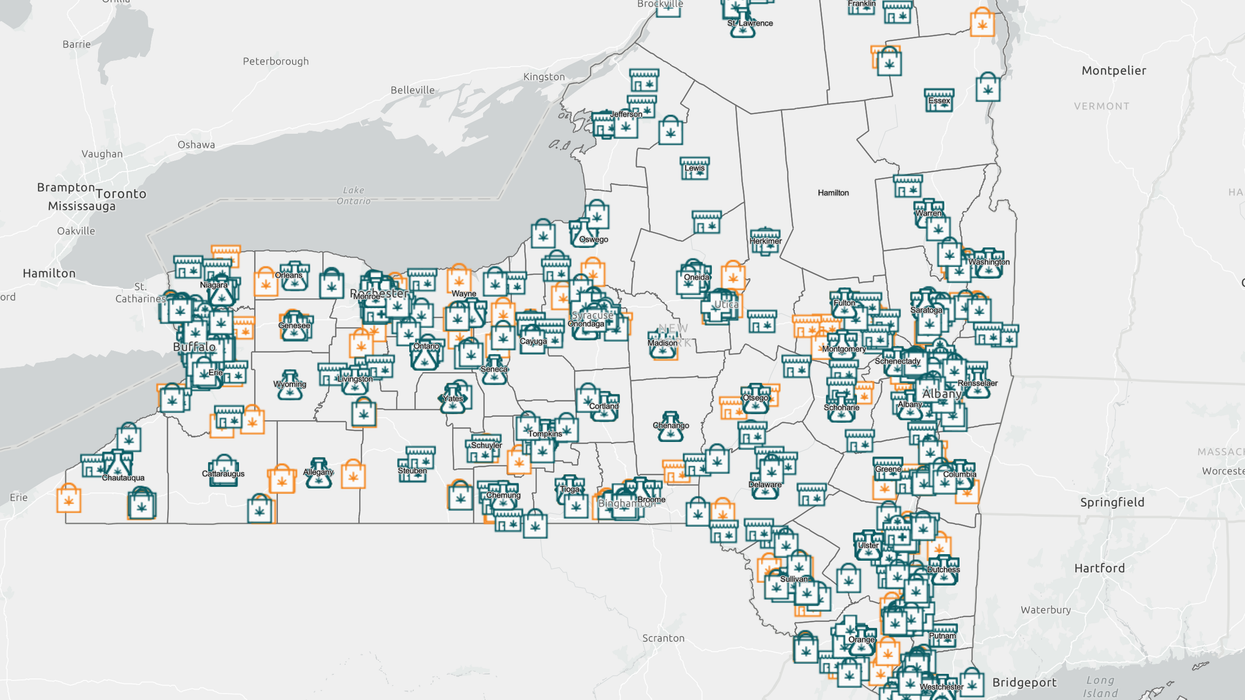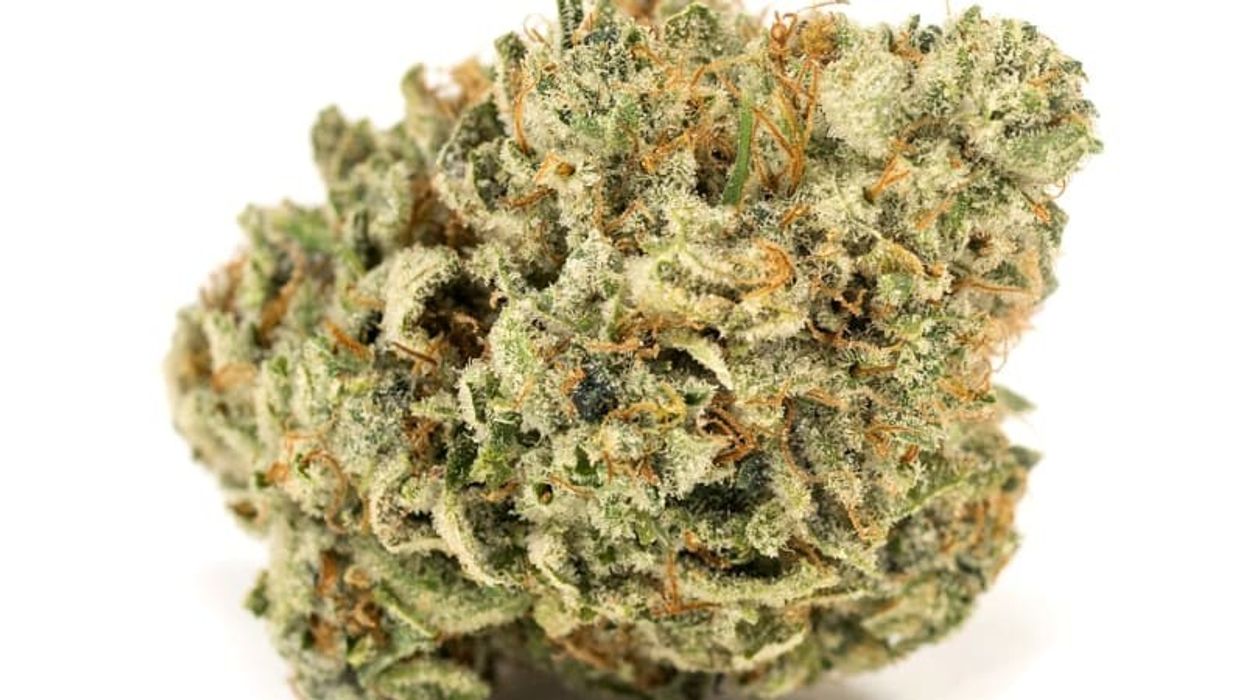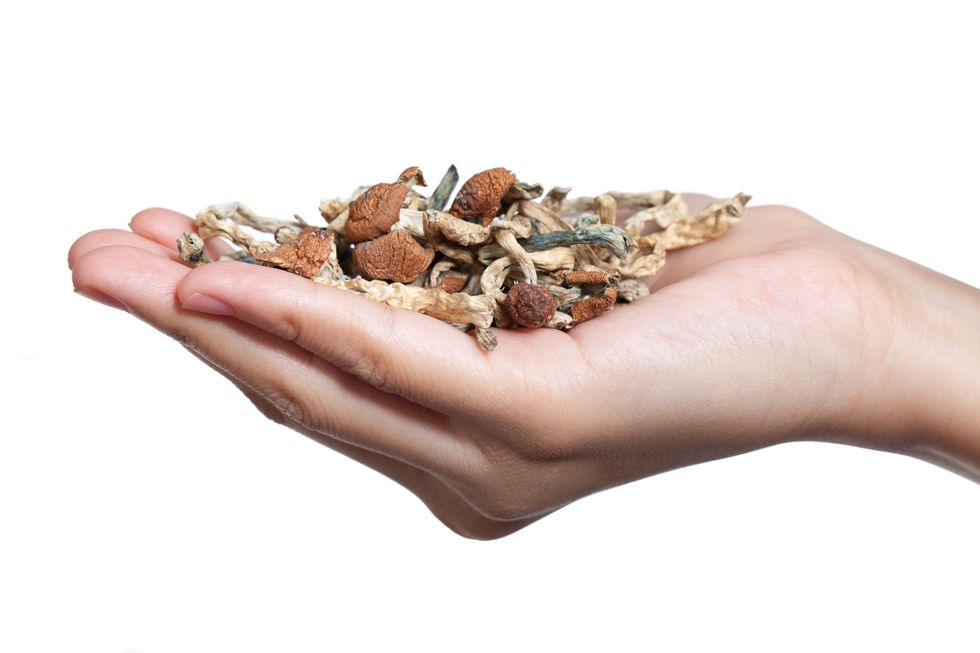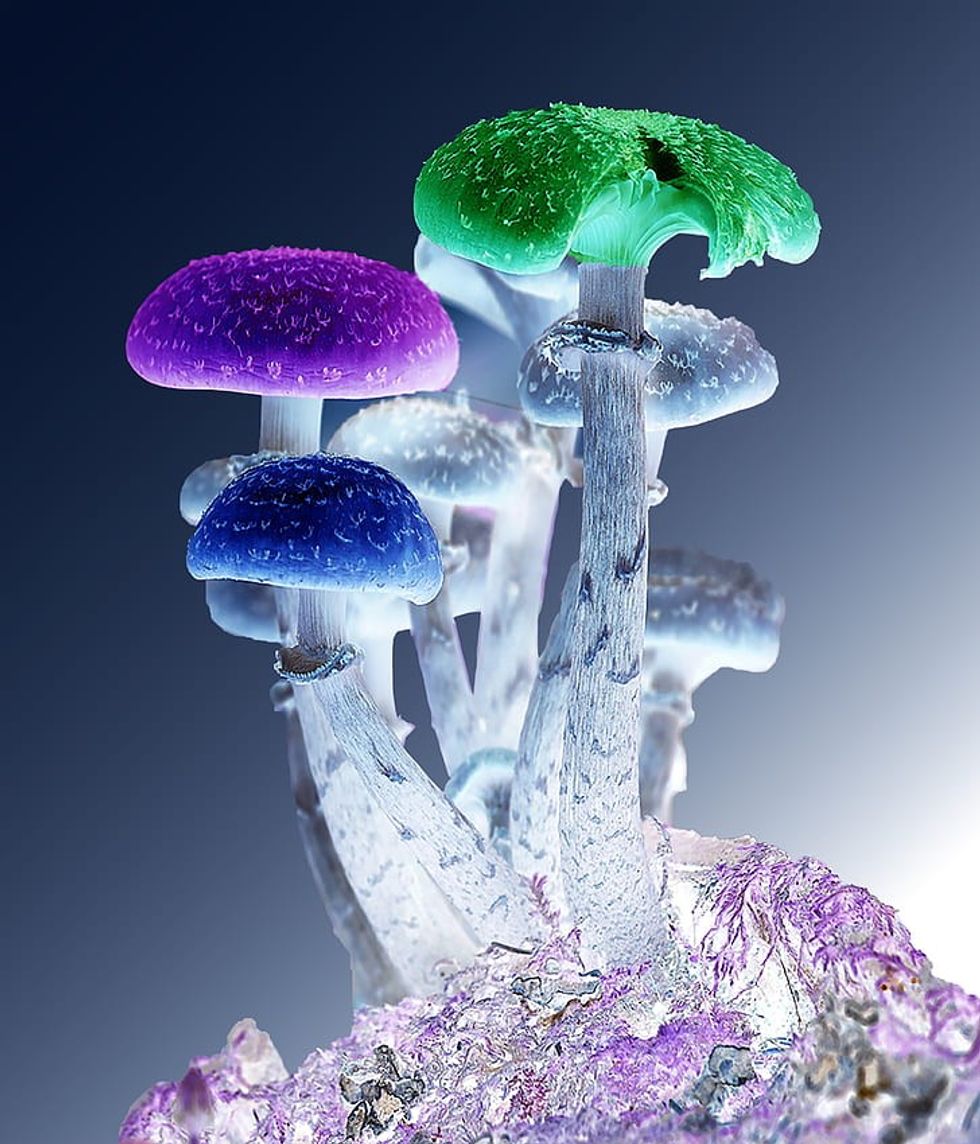The American Medical Association (AMA) has taken a significant step forward for psychedelic therapy by approving Current Procedural Technology (CPT) III codes for these treatments. The move has sparked hope among advocates and experts that insurance coverage for psychedelic-assisted therapy is on the horizon. However, this approval is only one piece of the puzzle, and there are several hurdles to overcome before insurance providers will consider reimbursing patients for these treatments.
CPT codes are essential in the healthcare industry as they allow healthcare providers to track and bill for various procedures and services. The newly approved CPT III codes for psychedelic therapies will become effective in January 2024.
However, it is crucial to note that these codes do not equal coverage. On its website, the AMA states that the “inclusion of a descriptor and its associated code number does not represent endorsement by the AMA of any particular diagnostic or therapeutic procedure or service. Inclusion or exclusion of a procedure or service does not imply any health insurance coverage or reimbursement policy.”
Enthea, is one of the first providers of insurance plans for psychedelic healthcare, with plans that currently cover ketamine-assisted therapy; MDMA- and psilocybin-assisted therapies will be added as they become FDA-approved in the next several years.
“Through the creation of the country’s first psychedelic healthcare provider network, Enthea is taking a big step in creating access to these new, evidence-based healing options,” said Sherry Rais, CEO and Co-Founder of Enthea. “And as a workplace benefit, this treatment becomes affordable. Next year, most employers across the U.S will be able to offer these innovative treatments, covered under insurance, for the first time.”
Ms. Rais also acknowledges that most traditional insurance providers will likely require more concrete evidence before committing to reimbursement.
The legal status of psychedelics plays a crucial role in insurance coverage decisions. While some states have legalized or decriminalized certain psychedelic substances for specific mental health conditions, the Food and Drug Administration (FDA) has not yet approved psychedelics for therapeutic use. FDA approval, along with DEA rescheduling, is vital for insurance companies to consider covering psychedelic therapy.
Several companies and organizations, including COMPASS Pathways, MAPS Public Benefit Corporation, and Numinus, are actively working to pave the way for potential insurance coverage of MDMA and psilocybin. Despite the progress, there are still significant costs associated with psychedelic therapy.
The substances themselves are not expensive, but the long-term talk therapy needed after a psychedelic-assisted session can be costly. Integration, the process of incorporating insights from the psychedelic experience into daily life, involves activities like journaling, mindfulness practices, and continuing talk therapy.
Insurance coverage not only reduces financial burdens for patients but also provides reassurance about the safety and viability of psychedelic therapy. According to Payton Nyquvest, CEO of Numinus, insurance coverage will be essential for increasing access to these treatments. It will also encourage more people to consider psychedelic therapy as a viable option for mental health care.
The University of California Berkeley Center for the Science of Psychedelics conducted a survey revealing that more than half of respondents support FDA approval of psychedelics. However, insurance coverage for psychedelic therapy is not yet widespread. Even FDA-approved treatments like ketamine, a Schedule III controlled substance, are not consistently covered by insurance companies.
The process of integrating psychedelic-assisted therapy into the mainstream healthcare system is in its early stages. The American Psychedelic Practitioners Association (APPA) is working on accrediting practitioners in the field to ensure legitimacy and safety. However, it will take time and effort to gain acceptance and certification in the clinical world.
While the approval of CPT codes is a positive step forward, there is still a long road ahead before insurance coverage for psychedelic-assisted therapy becomes a reality. Full FDA approval and DEA rescheduling are paramount, along with peer-reviewed evidence from clinical trials and proper practitioner training. Insurance companies will need convincing data on safety, efficacy, and cost-effectiveness before providing comprehensive coverage for these groundbreaking treatments.
As the field of psychedelic therapy continues to evolve, patients, providers, and advocates remain hopeful that insurance coverage will eventually be available, making these transformative treatments more accessible to those in need. However, until the necessary steps are taken, patients will need to explore alternative financing options to access this potentially life-changing therapy.







 How to Make Mushroom Tea - The Bluntness
null
How to Make Mushroom Tea - The Bluntness
null
 How to Make Mushroom Tea - The Bluntness
www.pickpik.com
How to Make Mushroom Tea - The Bluntness
www.pickpik.com














 FDA Approves Landmark Cannabis for PTSD in Veterans - The Bluntness
Photo by Wesley Tingey on Unsplash
FDA Approves Landmark Cannabis for PTSD in Veterans - The Bluntness
Photo by Wesley Tingey on Unsplash

 What Are Psychedelics?
What Are Psychedelics?